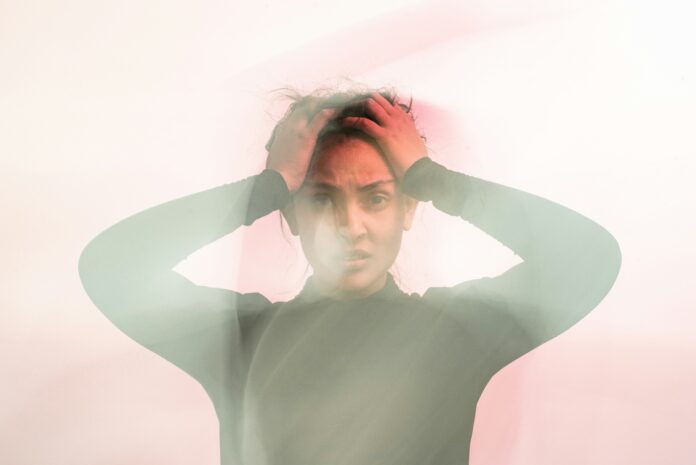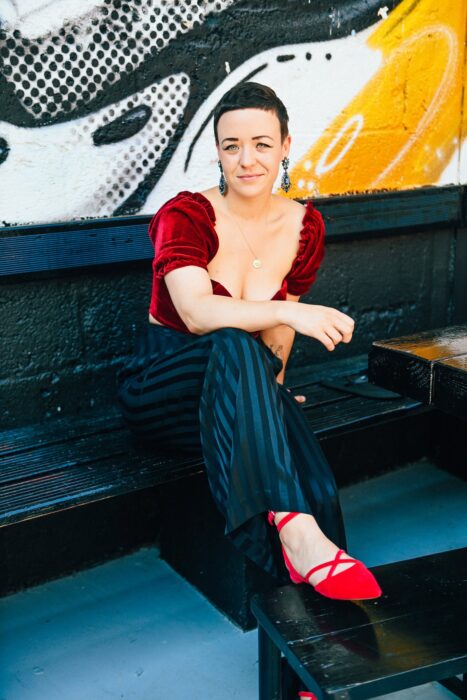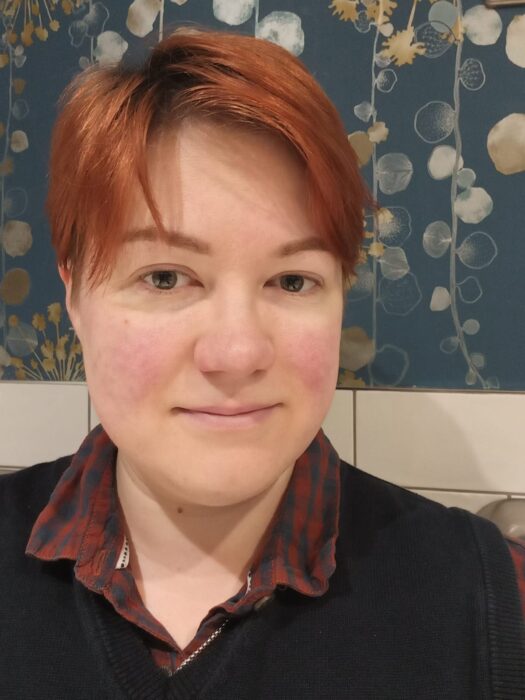
AS MUCH as 94 per cent of autistic adults have reported experiencing anxiety in their daily lives. A further 47 per cent fall into the ‘severe anxiety’ category, based on GAD diagnostic criteria. That’s according to a 2020 study by the UK’s National Autistic Society, which advocated for greater training, understanding, and awareness around anxiety among those living with autism.
As Autism Acceptance Month comes to an end, reporter Rita Wray discusses the increased likelihood of adults living with autism in encountering anxiety in their daily lives.
The risk for autistic women facing anxiety, depression, or sleep disorders is even more pronounced, according to a Swedish study published in 2022 by the Karolinska Institutet.
No matter how autism-friendly or inclusive some places and people aim to be, the world is often not built for neurodivergent (ND) people.

- External Walls: Up to €8,000 Grant
- Attic: Up to €1,500 Grant
- Cavity Walls: Up to €1,700 Grant
- Internal Dry Lining: Up to €4,500 Grant
The draining mental acrobatics, known as ‘masking’, to manoeuvre social situations or cope with sensorily challenging moments come at a cost and often lead to anxiety for autistic people.
Limerick’s Emma Langford and Andi Mothersoul were diagnosed as neurodivergent as adults. They spoke to this reporter about about their struggles with anxiety over the years.
‘I was probably experiencing sensory overload and a bit of a meltdown’
Award-winning Limerick singer-songwriter Emma Langford was diagnosed as autistic at the age of 32. She says that the most significant early moment of anxiety she remembers happened in secondary school.
“On reflection, I was probably experiencing sensory overload and a bit of a meltdown – but it was deemed a panic attack at the time,” she recalls.
“I’d tried to order my usual roll at the school tuck shop and they were sold out. The queue for it was chaotic and the lunch room was noisy.”
Emma says she tried to “decompress” by stretching out face-down across a couple of chairs in a corner.
“I’d often ‘stim’ (actions or sounds, often for emotional regulation) or do little things that I know now were grounding techniques. Back then I was probably just seen as a bit eccentric,” she shares.
“A couple of girls thought it would be funny to crowd me and fake sit on my back, and I went into full meltdown. It’s tough thinking about it now. I wish I’d known I was autistic.”
Emma says that anxiety was a factor in seeking her autism diagnosis, a decision made while living at home with her parents during the Covid lockdown period.
“This gave me a lot of time to reflect on who I am, what aspects of ‘normal life’ I was missing or not, and what my childhood looked like in that house.
“I wanted to put my finger on where so much of the social anxiety throughout my life had come from. When I stumbled across literature about autism in women and how it manifests, so much of it resonated.”
‘I am getting better at just communicating when I need a break and some space’
On anxiety triggers, Emma says that she doesn’t like enclosed environments where she can’t predict who will be there or what’s expected. She also admits that things like ‘coffee dates’ with people she doesn’t know well cause her anxiety.
“Situations like overcrowded pubs where there’s a lot of uninvited or unwanted touch, unexpected noise, people putting their faces too close to mine to talk to me can be massively overwhelming; I find myself having to mask a lot to try and cope with it.”

However the Limerick musician has come up with ways to help manage her anxiety.
“I just take myself out of the anxiety-inducing situation to recharge – unfortunately the only way to do this is often to go and sit in the bathroom for a while,” she says.
“In dire straits, I’ll just stick my head into my phone for a few minutes, play a game or do a crossword or something. Usually people understand. I am getting better at just communicating when I need a break and some space.”
Something else that comforts Emma in such situations is being creative or doing something with her hands.
For other autistic or neurodivergent people experiencing anxiety, Emma shares a hard-won piece of advice: “Let people help you. Don’t try to mask your way through life. I spent so much of my life not being vulnerable, masking, not letting people know how they can help me.”
She encourages others to find out what will comfort them in anxious moments and let people around them know.
‘Anxiety was a lifelong companion’
Andi Mothersoul is a community development worker based in West Limerick. Last year, at the age of 34, they were diagnosed with ADHD.
Between their parents’ divorce and moving around more than a dozen times before turning 18, Andi experienced a lot of anxious moments as a child.
“I never thought about myself as being anxious until much later. it was just what I knew. It was a lifelong companion, just this strange sense of dread,” they shared.
“It all burnt me out eventually and I dropped off the map immediately after school, basically becoming a shut in for eight years.”
Andi describes working up the courage to go to college was incredibly stressful, saying “I just worried all the time that people could tell I was only pretending”.
Apart from struggling with imposter syndrome (feelings of doubt around one’s skills, talents, or accomplishments which manifest in a fear of being exposed as a ‘fraud’), Andi dealt with depression and anxiety on and off with treatments never seeming to help. It became clear to Andi that there was something unidentified underlying.
“Getting the ADHD diagnosis just highlighted for me why my thoughts were so active. It runs in families as well,” Andi says.
‘There are no places to hide with small children’
Andi didn’t look into things like autism or ADHD fully until after having children.
“There are no places to hide with small children and I just found myself unable to reset and relax anymore.”
Public speaking and phone calls, Andi says, can result in a lot of anxiety.

“For me anxiety manifests as a ‘buzzy’ kind of energy and a physical pain – tightness in the chest. I’ve gotten good at getting through what I need to, but I am exhausted afterwards.”
Andi recommend grounding, a mindfulness technique taught often through meditation, as a means of helping people reconnect with the present moment.
“You focus into your body and take notice of the sensations, trying to link those to an emotion or an event that is happening. Noticing how my body feels after spending time with different people has helped me put better boundaries around my time as well.”
On their AHDH diagnosis, Andi says that “the best thing has been just voicing it and being open with the people in my life”.
“Opening up about it has demystified it in a way and relieved some of the blame I’ve placed on myself for suffering with it.”

